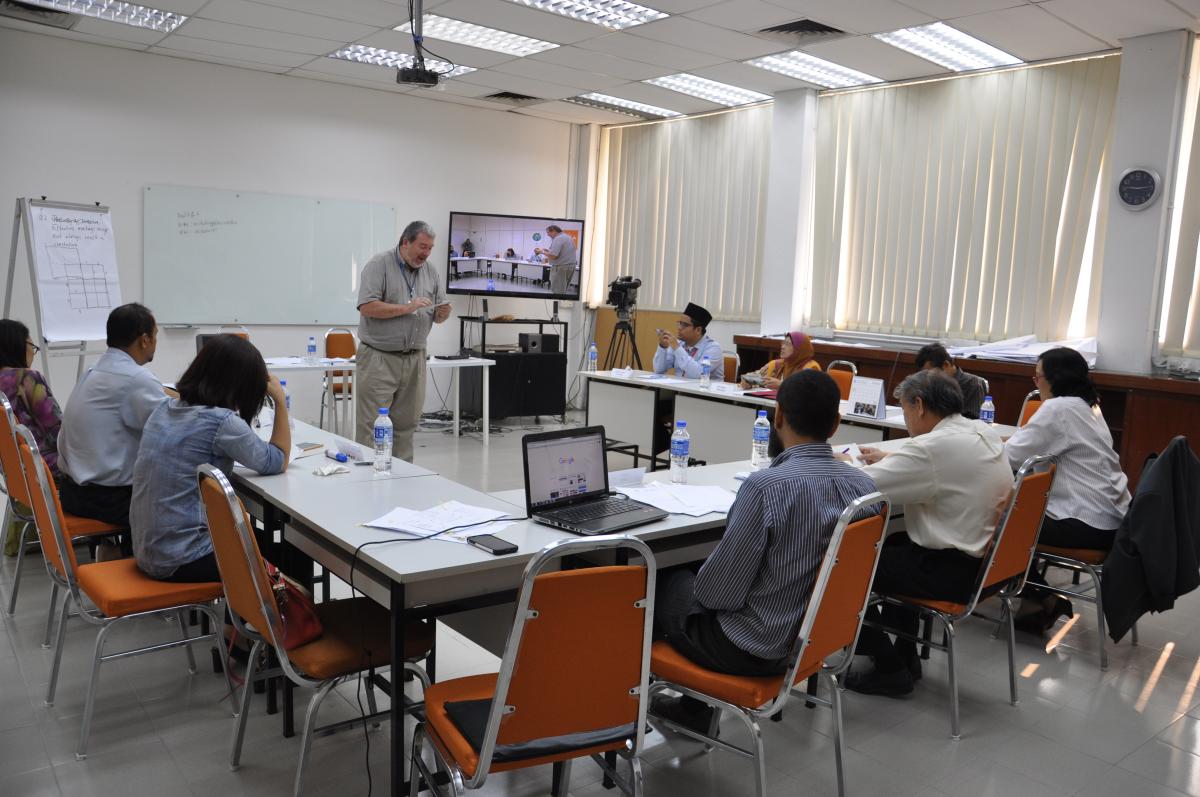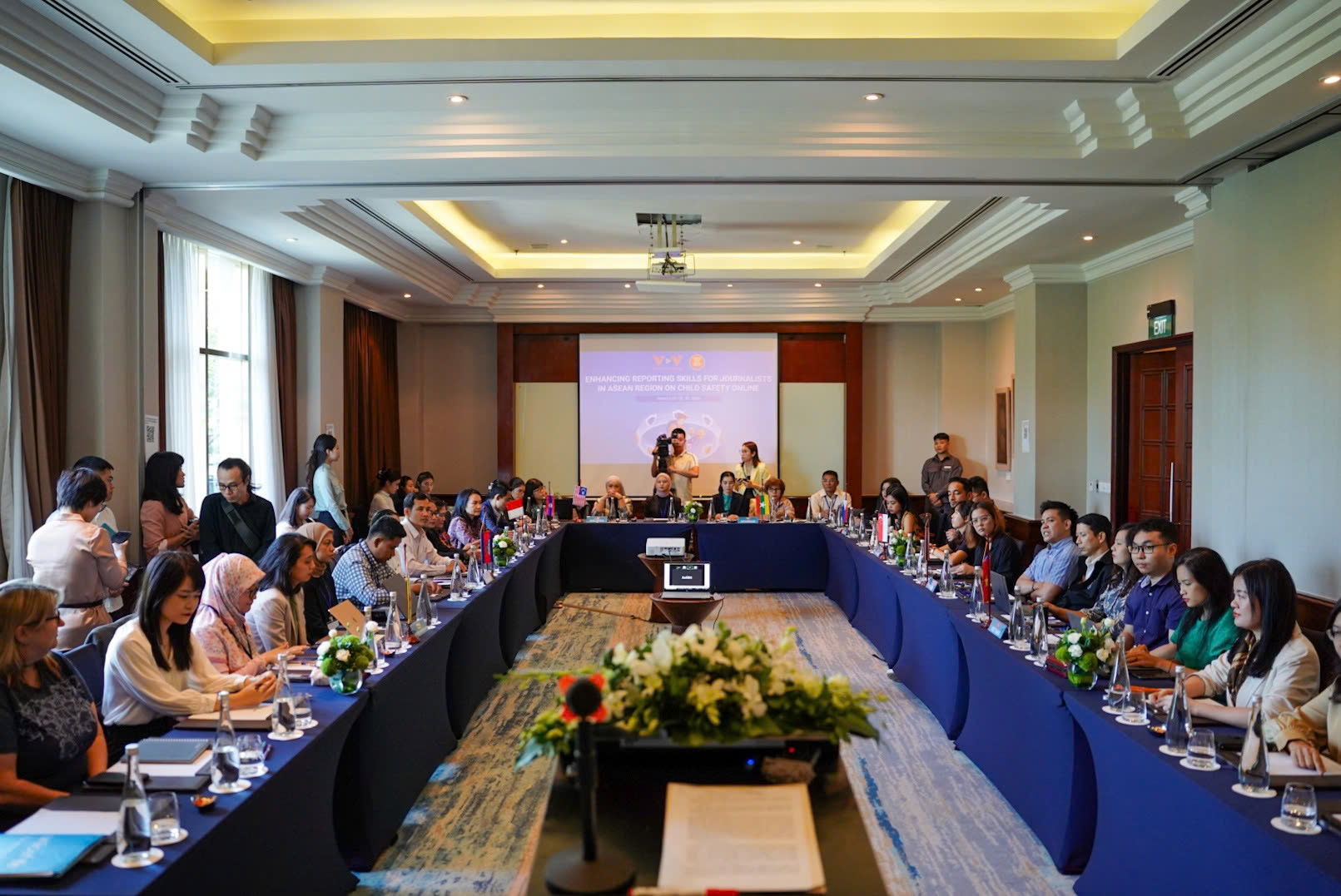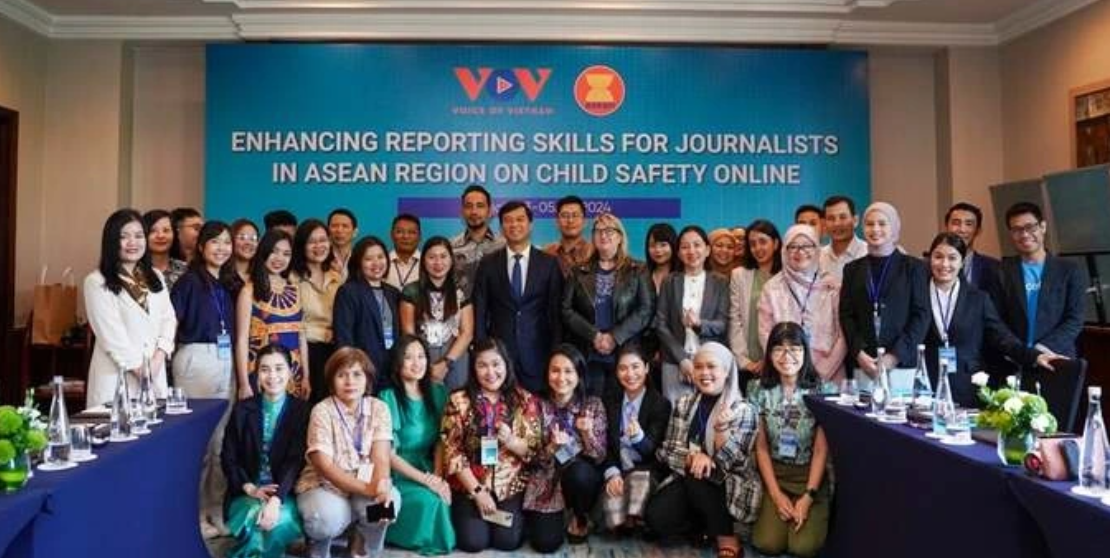“We tend to think that our team as those in the same department or those who report to the same boss,” said David. “Actually, most of us find that we work more with people from other departments than we do with people in our own.”
Network diagrams are important for training needs analysis. “Sometimes training is needed because people are not performing to standard—either because of lack of knowledge or skills or because of their attitude,” said David. “But sometimes the problem lies elsewhere. If there’s a breakdown or blockage in the network, you simply can’t do your job well.”
Participants agreed that the exercise showed not only how complex their jobs were, but how much they depended on other people in their network. Few remarks from the participants on star exercise:
We do our jobs every day and we know how to deal with in doing our jobs. But when David asked us to consider every participant as a center of a star and then out people/departments that we connect every day in daily jobs, draw arrows to show how we receive/give things to each other.
I realised how complicated our relations in workplace and how important to develop our ability in teamwork.
That will make stars shine and twinkle.
Mrs Sumonpan Kosonsiriset, Director, Institute of Public Relations, NBT, Thailand
The star exercise is good and fun to do. It gives us clear picture of doing our duties that involves with many people at different levels, and with different directions and approaches.
It makes us realise that everybody has roles to play and that we can’t leave out any one in a process of training management.
Ms Munira Murad, Head of Integrity, IPPTAR, Malaysia
Interesting, understand better our boundaries in communication within our organsiation.
Eight professional broadcasters—six from IPPTAR, one each from Thailand and Vietnam—attended the two-week workshop at AIBD in Kuala Lumpur, April 4-15, 2016. One AIBD Programme Manager also attended, making the total number of nine participants.
The workshop covered the aims of training, principles of adult learning, job analysis, training needs analysis, motivational theory, training objectives, online learning, demonstrations, case studies, role plays, session design, evaluation and assessment and related topics. Using questionnaires and discussion, the workshop also focused on “soft skills” including team-building, motivation and organisational communication. For the final project, participants presented a proposal for a training course in their area of expertise.
“Assume you’re presenting to management,” David told them. “The budget is tight, and management isn’t convinced that training is needed. How will you show that your training will offer a good return on investment?”
“All the participants were subject experts, but faced challenges in organising and communicating knowledge and skills and assessing learning,” said David. “I urged them to come up with clear and measurable training objectives, to make their training, activity-based and to draw on the experiences and perspectives of their trainees.”






